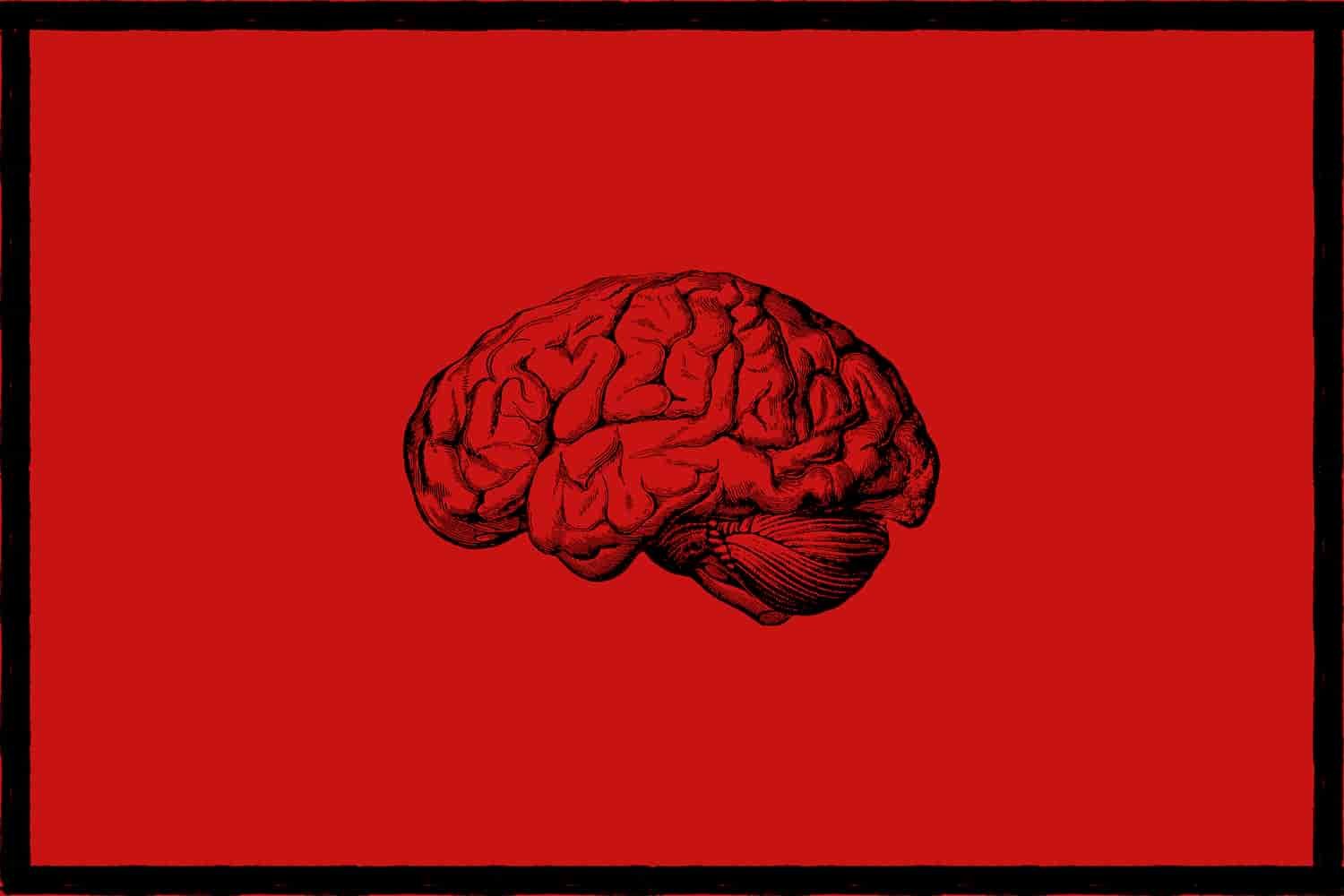Stop Collecting Intellectual Prizes And Build Something
It feels good to collect intellectual prizes. When you finish a book, bookmark a Twitter thread, or watch a YouTube video, you feel like you’ve accomplished something. And you have.
But the danger is that you keep collecting these intellectual prizes at the expense of building something - at the expense of creativity.
Most of your time should be spent building leverage, not collecting prizes. Learning is great. But doing is better.
Intellectual Prizes Trick You Into Feeling Like You’re Making Progress.
I read a ton. Probably 2-3 hours a day. And I have a note-taking system that captures the best of the books I read and puts them into a format I can refer to whenever I want.
And each time I finish a book, export the notes, format it, and add it to my collection, it feels great. It feels so great that all I want to do is start the next book and do it again.
But this isn’t progress. Progress is building assets that work for you after you’re finished working on them. Progress is creating, not consuming.
Anytime I consume more than I create, I feel guilty. I’m in an awful mood by the end of the day because I know I could have done more. And there’s no worse feeling.
Consuming Is Easy. Creating Is Hard.
The reason why it’s so easy to slip into collecting intellectual prizes at the expense of creativity is because consuming is easy.
To consume a video, book, Twitter thread - whatever - is a simple process of beginning it and then finishing. And each time you finish, you get that lovely rush of accomplishment dopamine to the head.
Creating is messy. Depending on the project, there is no clear beginning, middle, and end. It’s not consistent progress, but a lot of “wandering” to discover what it is you’re really doing. And interspersed in that wandering are giant leaps of progress.
I constantly try to remind myself that progress is nonlinear. What often feels like wasted time in the creative process is not wasted at all. It’s necessary to wander and feel “lost,” because it helps you link ideas, iterate to see what works, and play around. It’s what allows things to eventually click into place so you can push forward.
It’s also hard to know when something is ‘finished.’ With creativity, I like to think that there is no done, there is only better. And when you see your product on a spectrum instead of grinding it towards some intangible, unchangeable point of completion, it’s easier to send it into the world for feedback. Because you know it’s just one step in the process of improvement.
Work Like A Lion. Sprint And Then Rest And Recover.
None of this is to say that you should stop reading and learning. Life-long learning is the most powerful skill you can nurture. And when you compound this over decades with incremental constant progress, you get huge, outsized results.
To balance creating and consuming, I like Naval Ravikant’s model of working like a lion. Naval writes on his site:
“The way people tend to work most effectively, especially in knowledge work, is to sprint as hard as they can while they feel inspired to work, and then rest. They take long breaks. It’s more like a lion hunting and less like a marathoner running. You sprint and then you rest. You reassess and then you try again. You end up building a marathon of sprints.”
This is how my wife and I operate when we’re working on a screenplay or T.V. project. We sprint with 3-4 hours of focused work each day to “finish” a first rough draft. Then we “ship it” to our producers for feedback and rest. When the feedback comes in, we sprint again.
The reason this cycle is so effective is iteration. Each time you rest to get feedback, you can use what you learn to make your product better. The more iterations you can produce early in a product’s life, the better your product will be.
So, try to create more than you consume. Don’t get caught collecting intellectual prizes because it feels good. Lean into the chaos of creating, and iterate as much as you can to improve your product. Then recover and consume until your next sprint.
And keep going.



